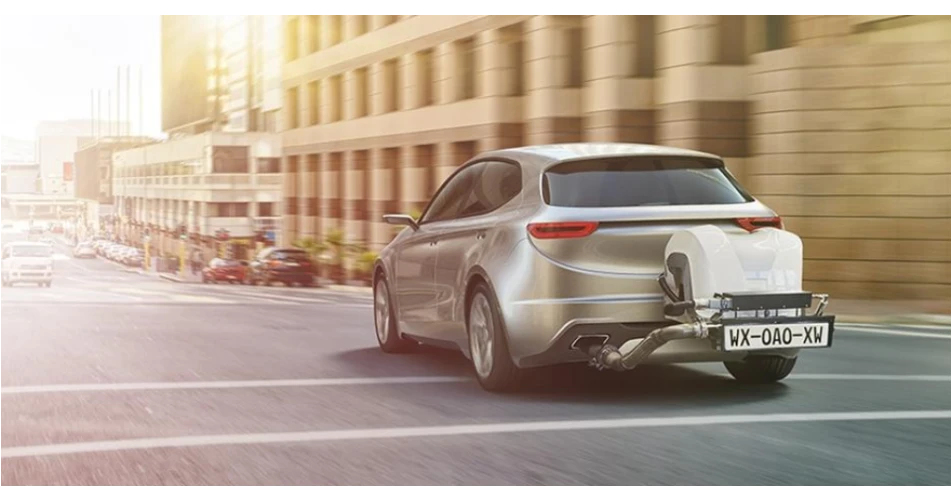With governments across the globe seemingly pushing motorists towards electric vehicles, Bosch has offered a glimmer of hope for diesel engines through some innovative emission reduction technology and testing procedures.
The new diesel technology expands the possibilities of diesel engines through a significant reduction in nitrogen oxide emissions. Bosch believes it can make a diesel car at least as clean as the lowest emission petrol engines meaning they can continue to offer an environmentally sound and affordable alternative as the vehicle fleet moves toward its electrification targets.
Bosch says that there is a strong case for diesel in a broad approach to emission reduction. A diesel engine that conforms to the Euro 6 emissions standard emits some 15% less CO2 than a comparable petrol engine and offers lower fuel consumption, which conserves resources. Effective particulate filters, now mean that particle emissions are no longer an issues and vehicles that are equipped with state-of-the-art diesel technology will have no discernible negative impact on the amount of nitrogen oxides in city air.
As such the German automotive systems developers says diesel remains absolutely essential for achieving the EU’s climate targets and without diesel, it will be hard to achieve the fuel-efficiency and emissions targets that the EU has set itself for 2020 and beyond.
The compulsory introduction of on-road emission testing in 2017 has accelerated the rate of development in Bosch emission reduction technology and brought about some significant breakthroughs. Bosch engineers have succeeded in achieving average NOx emissions of 13 mg/km during drives on roads with urban, rural, and motorway elements. This allows drivers to have the benefits of diesel efficiency with very low NOx emissions.
This is possible using a rapid-response air management system and sophisticated thermal management of the exhaust-gas treatment system along with faster responding turbochargers. The combination of high- and low-pressure exhaust gas recirculation makes the air management system very flexible. Also by establishing a smart link between the engine and exhaust-gas treatment system, it is now possible to take corrective action to ensure the exhaust system stays warm enough to operate efficiently.
Bosch believes it has come much closer to achieving the goal of a combustion engine that no longer significantly pollutes the air and in terms of the well-to-wheel carbon footprint, the combustion engine and electric drive are not as far apart as is generally assumed.
One advantage of this approach would be that non-fossil fuels, like paraffinic fuels, can be taken into consideration too. These fuels are made from animal and vegetable waste. Already today, they can be used as an additive of up to 30% volume in blended fuels and could reduce the carbon footprint by up to 25%. As a result, when considered well-to-wheel, the carbon footprint of a modern diesel vehicle would be almost halved with such fuels – from the current 110 g/km to 60 g/km.
In the well-to-wheel analysis for electric vehicles, the production of the electric power is also included in the carbon footprint calculation. Based on the mix of energy sources currently used in Germany for electric power generation, a compact electric car similarly has a carbon footprint of 80 g/km – and when viewed in terms of the European mix, the footprint is still 40 g/km. With synthetic fuels there is even the prospect of running the combustion engine with a net zero carbon footprint.
Bosch says it will continue to press ahead with the development of environmentally friendly powertrain systems to further improve air quality.
